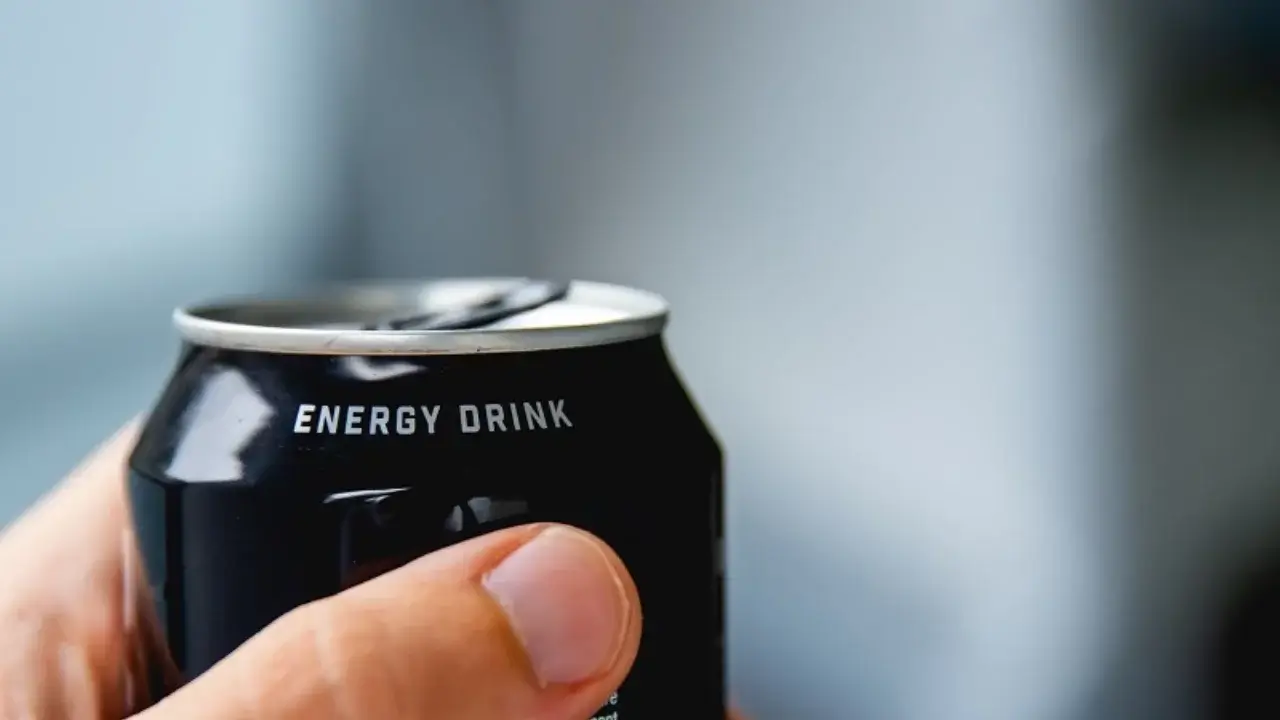Energy drinks provide a quick boost, but are harmful to health

Boosts energy, keeps awake, but doesn’t heal: are energy drinks really dangerous?
Nowadays, many young people and students turn to energy drinks to support their daily activity. They act quickly and powerfully, reduce sleepiness, and temporarily increase productivity. However, they provide no real health benefits and instead carry hidden risks.
Energy drinks are mainly rich in caffeine and sugar. Caffeine stimulates the central nervous system, “wakes up” brain cells, temporarily eliminates drowsiness, and provides alertness. But frequent use leads to insomnia, fatigue, and emotional instability. Experts note that one bottle (250–330 ml) contains more caffeine than two to three cups of strong coffee, which can accelerate heart rate, increase blood pressure, and even disturb heart rhythm. This is especially risky for young people and those with cardiovascular diseases.
Sugar can also cause serious problems. A 0.5-liter drink contains approximately 15–18 teaspoons of sugar. This exceeds the WHO recommended daily allowance for adults several times. Therefore, energy drinks give a short-term energy boost, but negative health consequences appear over time: obesity, type 2 diabetes, cardiovascular diseases, and tooth enamel damage.
Additionally, energy drinks contain taurine, guarana, and B vitamins, but their amounts are insufficient for any noticeable beneficial effect. These additives mainly serve as marketing tools and distract consumers from the real risks.
The bright color and taste of the drinks are also due to artificial additives. Long-term consumption may trigger allergies, skin rashes, exacerbate bronchial asthma, and cause hyperactivity in children. Flavor enhancers can negatively affect the digestive system, often causing nausea.
Global experience shows that excessive energy drink consumption increases emergency medical visits among youth. In the USA and Europe, even deaths have been reported. Therefore, in some countries, sales to minors are prohibited. In Uzbekistan, however, they can currently be purchased freely at any age.
Experts recommend that the main source of energy should not be artificial drinks, but healthy sleep, proper nutrition, and physical activity. Short-term alertness and energy can be used, but long-term risks include cardiovascular diseases, nervous disorders, and insomnia.
In conclusion, energy drinks are not a beneficial energy source for the human body but carry hidden dangers and additional health burdens. Therefore, they should be used cautiously, while primary energy should come from natural methods.
Read “Zamin” on Telegram!












